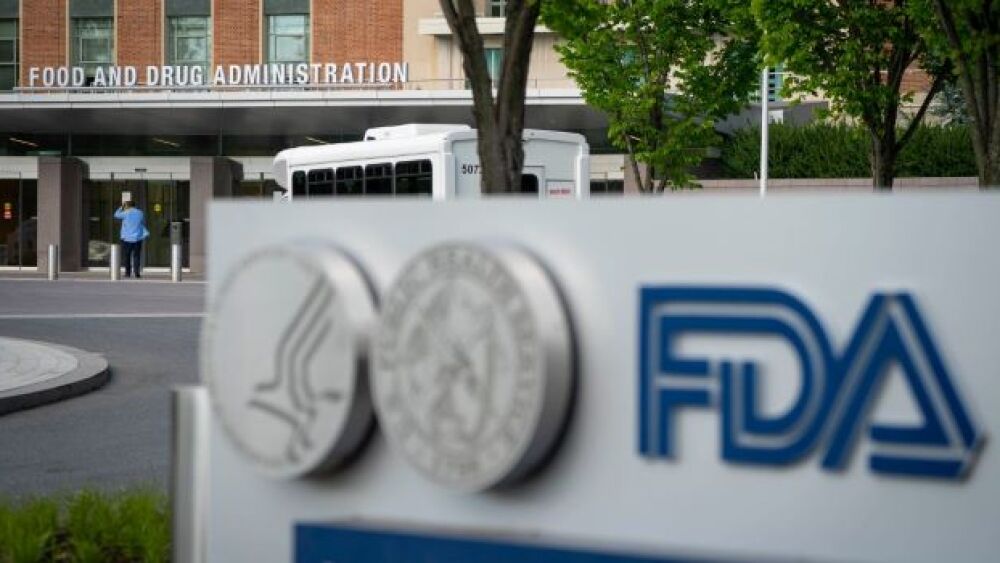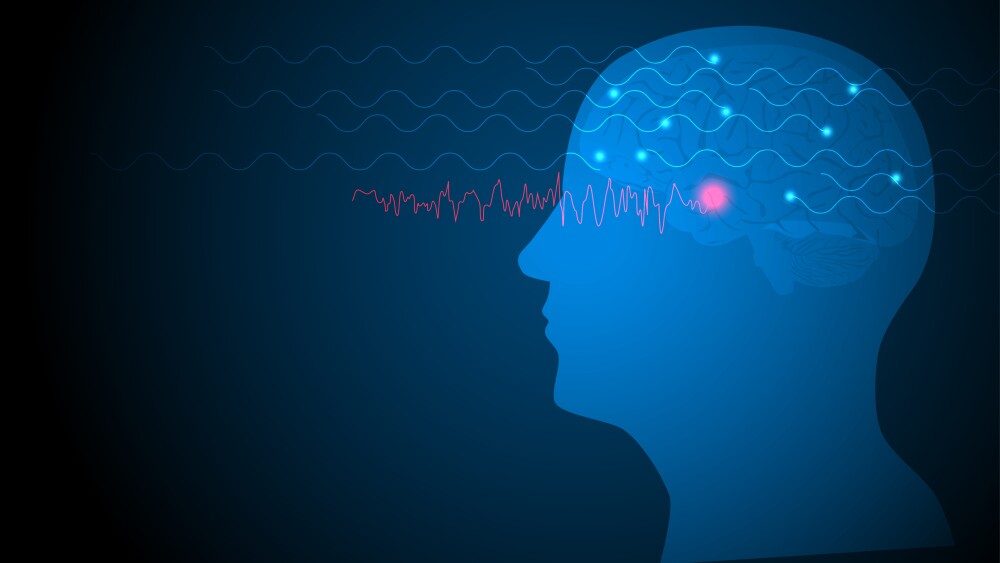Abeona Therapeutics will head to the FDA next year for the potential approval of its experimental recessive dystrophic epidermolysis bullosa (RDEB) therapy following positive Phase III data.
Courtesy of Sarah Silbiger/Getty Images
Abeona Therapeutics will head to the FDA next year for potential approval of its experimental recessive dystrophic epidermolysis bullosa (RDEB) therapy, the company announced Thursday.
The submission will be based on positive Phase III clinical data from the VIITAL study.
New York-based Abeona reported the VIITAL study met both co-primary efficacy endpoints. The investigational drug EB-101 demonstrated greater than 50% success in healing wounds caused by RDEB, according to Abeona. At six months, EB-101 led to 81% wound reduction compared to 16% for the control group.
Beyond the healing, the therapeutic also reduced the pain burden in these patients. At six months, the median pain reduction associated with wound dressing changes using the Wong-Baker FACES scale was 3.07, compared to 0.9 for the control group.
If successful, EB-101 would be the first FDA-approved treatment for RDEB, a rare connective tissue disorder characterized by severe skin wounds. RDEB patients have a defective COL7A1 gene. This means they are unable to produce functioning type VII collagen, which is necessary to anchor the dermal and epidermal layers of the skin.
The wounds caused by the disease are painful and can lead to systemic complications that impact the length and quality of life in patients. About 75% of patients die before the age of 40.
EB-101 was well-tolerated with no serious treatment-related adverse events, consistent with past clinical experience, the company noted. Two patients in the study reported at least one serious adverse event, but that was considered unrelated to EB-101.
EB-101 is an autologous, engineered cell therapy that delivers the COL7A1 gene into a patient’s skin cells. It has been granted Orphan Drug and Rare Pediatric Disease (RPD) designations by the FDA.
In a conference call with investors Thursday, Abeona Chief Executive Officer Vish Seshadri said the wounds associated with RDEB are difficult to treat and that EB-101 can both heal and reduce pain in these patients who are long-suffering.
The VIITAL study included 11 patients with RDEB who had a combined 43 wounds that were large and chronic. Each of the wounds measured greater than 20 cm 2 of surface area and had remained open for a minimum of six months and a maximum of 21 years, with a mean of 6.2 years, the company noted.
Dr. Igor Grachev, global clinical development leader at Abeona, said each patient in the study had a minimum of two large, chronic wounds on their bodies.
“This is a happy day for the RDEB community,” Grachev said during the call. “Remember, these wounds are large and cannot self-heal.”
Based on the data, the company intends to file a Biologics License Application in the second quarter of 2023. Because EB-101 has RPD designation, if the drug is approved, Abeona could secure a priority review voucher that could benefit another experimental drug in the future, or be sold to another company.
Beyond the data from the VIITAL study, Seshadri noted the company continues to see durable clinical benefit of EB-101 with up to eight years of follow-up in an ongoing Phase I/IIa study.
Abeona has also secured $35 million in a private placement financing that will provide the company with enough financial cushion and runway through the third quarter of 2024, according to a separate announcement. The funds will provide Abeona with enough financial security to sustain it past the potential FDA approval of EB-101, Seshadri said.





